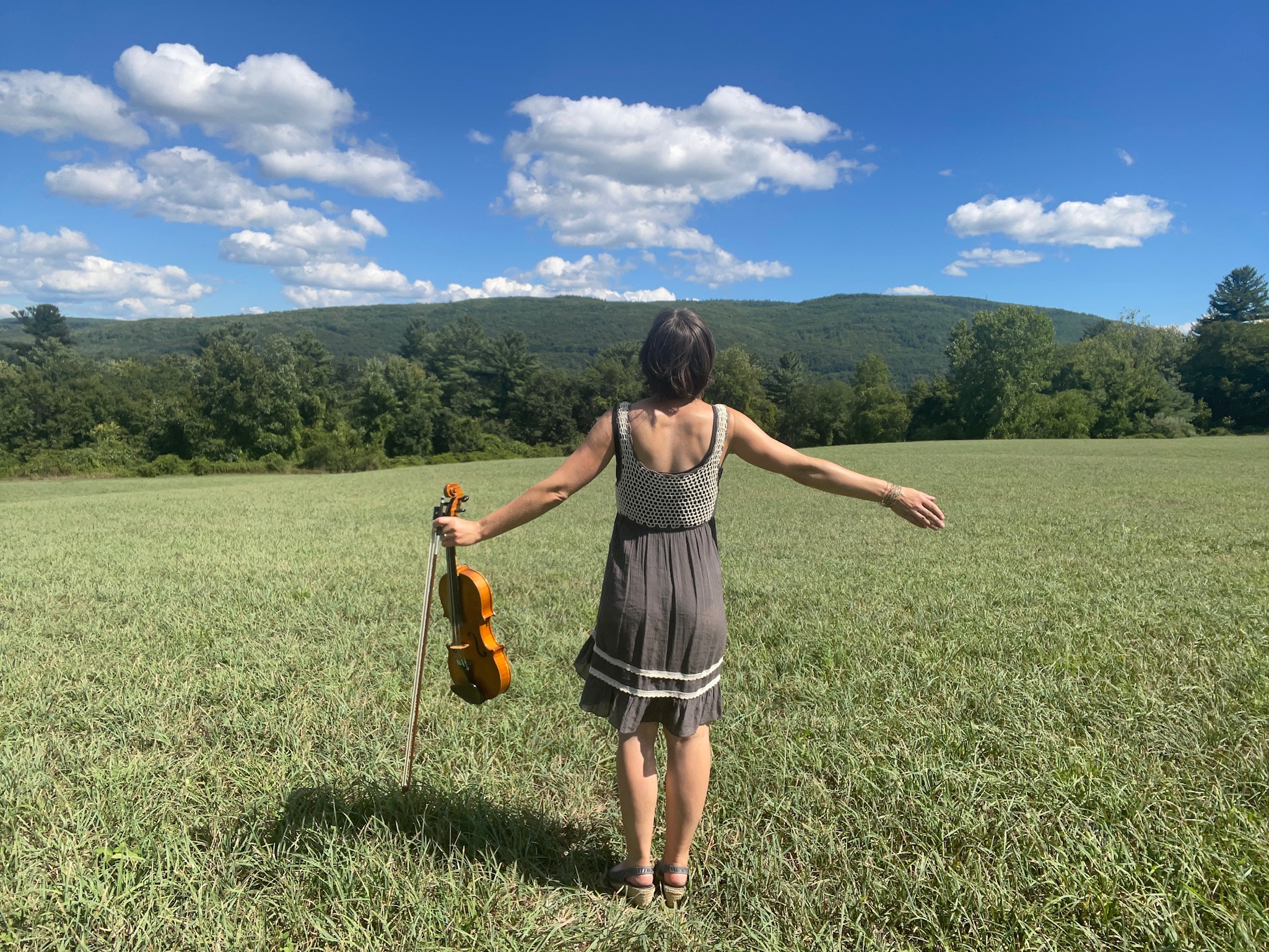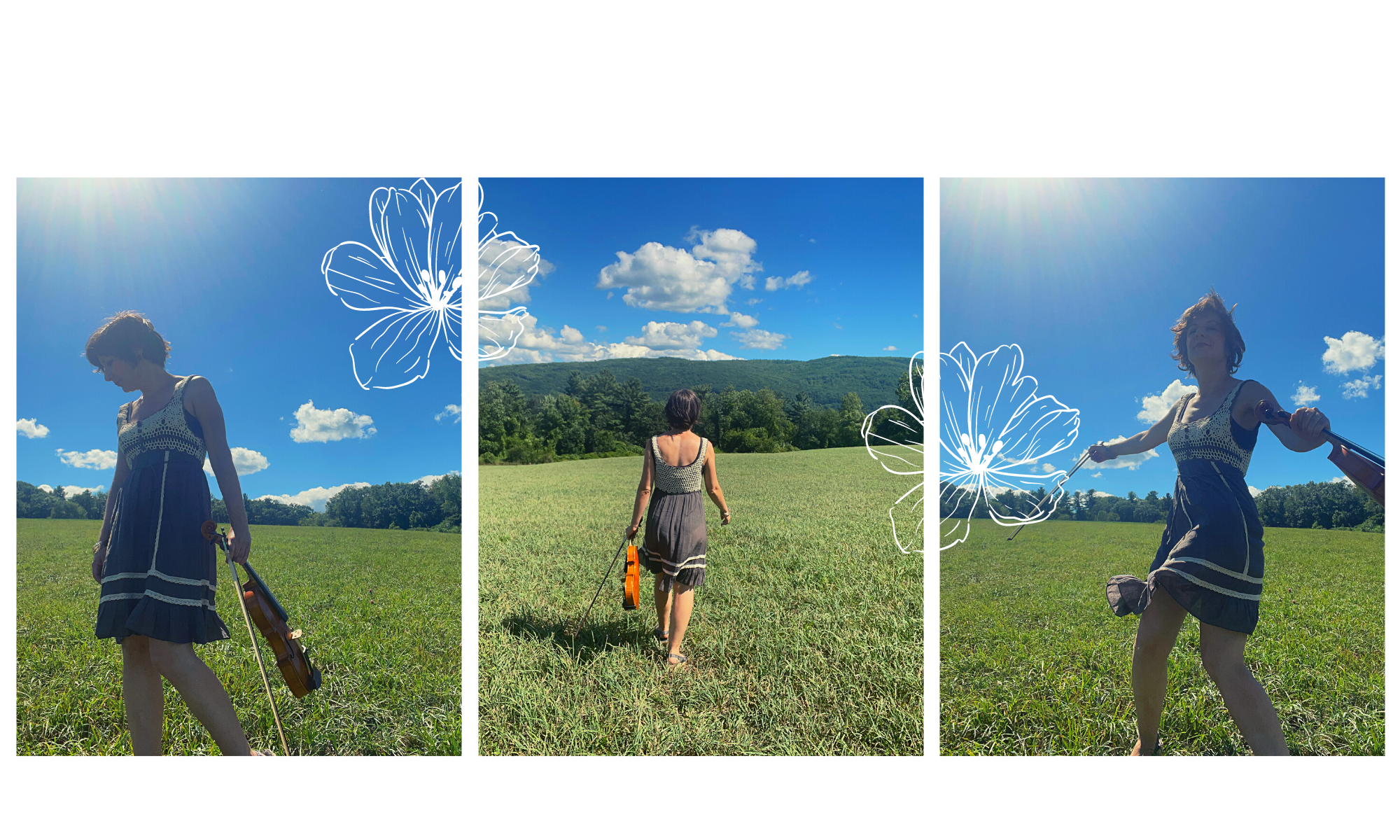BIO FAQs FREEBIES PRESS KIT LISSA’S BANDS ORIGINAL MUSIC
(from Wikipedia) The term ‘Down East’ (used to describe ‘Down East Fiddling’ is a New England geographical term that is applied in several different ways.
In the narrowest sense, Down East refers to the coast of the U.S. state of Maine. Which spans from Penobscot Bay to the Canadian border.
As a cultural region, Downeast Maine encompasses the rural communities of Hancock and Washington counties. Principal Downeast towns include: Calais, Eastport, and Machias. Bar Harbor, Maine, Blue Hill, and Ellsworth. It also includes Acadia National Park and environs. There are three National Wildlife Refuges in the region. Cross Island National Wildlife Refuge, Moosehorn National Wildlife Refuge, and Petit Manan National Wildlife Refuge.
Contrary to what some non-Mainers may believe, “Down East” can be best described as any point on the coast between Ellsworth and the Canadian border. At times, it is sometimes jokingly referred to as any point east on the coast from the speaker.
In a still broader sense, it refers to all of coastal New England. The Down East magazine FAQ explains the origin of the term. “When ships sailed from Boston to ports in Maine (which were to the east of Boston), the wind was at their backs, so they were sailing downwind, hence the term ‘Down East.’ And it follows that when they returned to Boston they were sailing upwind. Many Mainers still speak of going ‘up to Boston,’ despite the fact that the city lies approximately 50 miles to the south of Maine’s southern border.”
The Coastal Plains region of North Carolina is also recognized as “Down East,” and is known particularly for the High Tider accent. The High Tider accent is a dialect remnant of Elizabethan English that was once spoken in colonial Carolina. Combined with a slow southern drawl, the dialect is indigenous to the lowland areas of North and South Carolina.
Want to learn about the characteristics of fiddling in New England? Check out Lissa’s New England Fiddling page.

